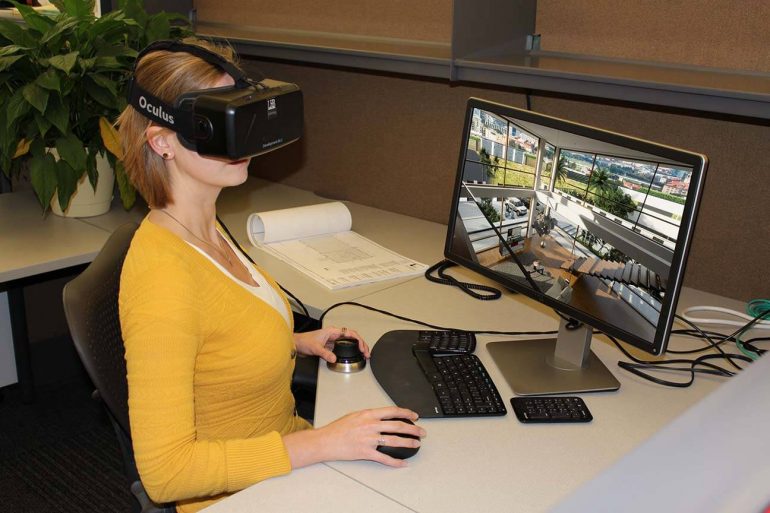As part of a regular series powered by Dell Small Business, BetaKit asks business leaders to share their advice for growing small businesses.
Amit Bhaga is a Client Technologist at Dell who works with small businesses to determine what technology fits their unique needs. In 12 years at Dell, he has watched businesses grow from small to scale, and spoke with BetaKit to share some of the knowledge he has gained over the years.
What is your role at Dell?
I am a client technologist at Dell, supporting our customers across Canada in two areas: 1) Enabling end-user client technology, including laptop workstations, two-in-one devices and our rugged series, and 2) Enabling innovative end-user technology, including virtual reality, augmented reality and deep learning. I work with the sales team, and our channel and distribution partners, to determine what type of PC or technology organizations need to get the job done.
I’ve worked with businesses of all different shapes and sizes. I have seen small organizations grow and become very successful. It’s heartwarming to see that, especially with a Canadian business.
What are some of the biggest struggles you see small businesses facing in their early days?
We work with small, medium, and large organizations on their workforce transformation strategy. We enable users with various work styles to be productive in any environment. What we’re seeing is that technology is advancing and becoming more disruptive than ever.
The great thing about small businesses is that they’re agile.
These disruptive end-user technologies are becoming a struggle for small businesses. They know that they need to be in that space, but aren’t sure how to get there. They ask things like, “how do I get into virtual reality without breaking the bank?” or “I’ve heard of artificial intelligence and deep learning but I have no idea where to start.”
The great thing about small businesses is that they’re agile. However, sometimes they don’t have the same resources as large corporations, which can be perceived as a barrier to moving forward.
What do you think is the next big trend in technology and how will it impact the way we work?
The next big trend in technology is how your everyday end-user consumes data. Technologies like virtual reality and augmented reality are becoming the norm. Imagine your desk space could transform into a three-dimensional environment instead of your traditional keyboard, mouse, and monitor.
You’re essentially creating and collaborating with data in a completely different way than what’s been happening for the last 30 to 40 years. This is known as extended reality. At Dell, we are leading the charge with a lineup of VR-ready workstations in fixed and mobile platforms enabled for any organization, including small businesses.
As a small business, is there any barrier to getting started with extended reality versus setting up a laptop on a desk, and how do you enable that for smaller businesses and startups?
It could be a costing factor. Some of these technologies can seem out of grasp. Dell’s goal is to provide technology that can be scaled to any size of organization, from small businesses to large corporations, without breaking their bank.
How can small businesses decide what to build in-house versus using a technology partner?
I think if you have a vision and there’s a problem that needs to be solved, don’t stop even if people tell you no.
Deciding to build in-house or work with a technology partner really depends on what’s needed to power your vision. I also recommend you complete a cost analysis. Does it make more sense to do it yourself, or let an OEM [original equipment manufacturer] provider like Dell help you along that path? The benefit of working with a technology partner is that it’s essentially taking the guesswork out of it.
Dell works with thousands of customers to determine their technology needs. Essentially, we provide the hardware and it wraps around their solution so they can actually commoditize that product. We partner with all kinds of businesses, from small businesses designing the latest medical science equipment, to video surveillance companies and even lighting manufacturers for stadium concert venues. Working with Dell as your OEM technology provider offers you the best in management and security with an unmatched logistical supply chain. And, of course, you can benefit from Dell’s global reach.
Is there any advice you have for any small businesses who are just starting out?
I think if you have a vision and there’s a problem that needs to be solved, don’t stop even if people tell you no. Continue pursuing that vision until you succeed.
The reason that small businesses become corporations or even multinational corporations is that they had a vision. They kept on going despite the ups and the downs, until that vision came to life.
Feature image courtesy Enscape.

